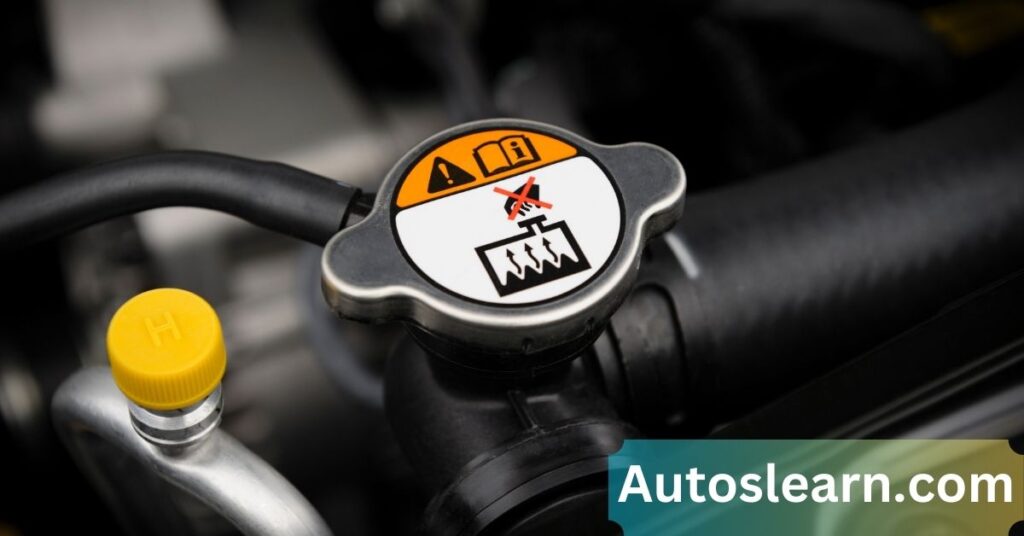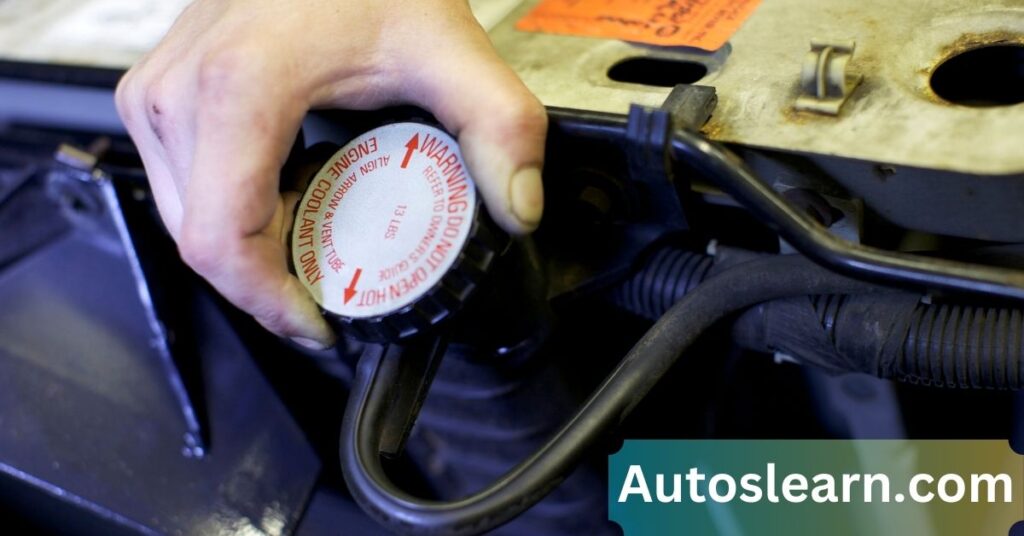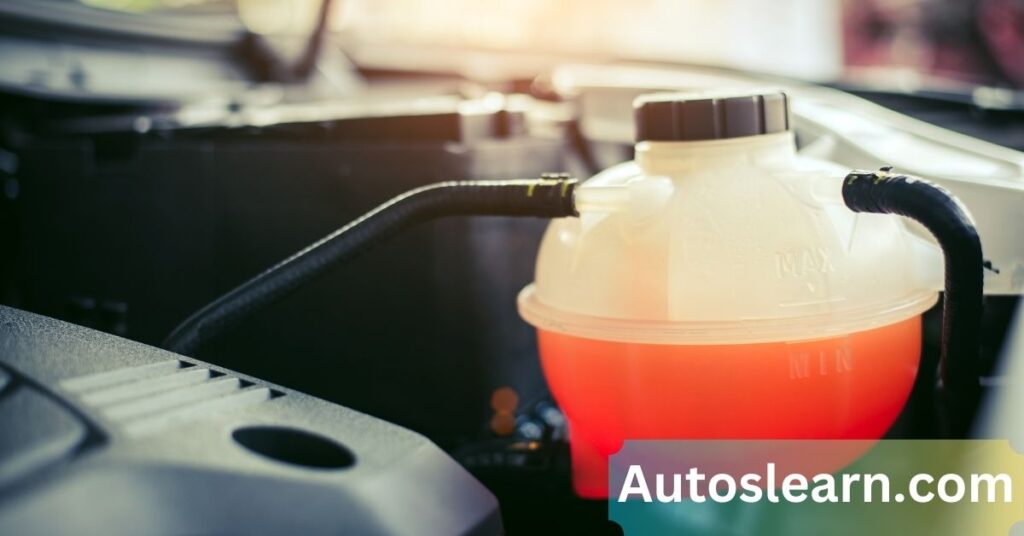If you drive an Audi Q5, choosing the correct coolant is essential for running your engine smoothly. Coolant, also known as antifreeze, helps prevent your engine from overheating in the summer and freezing in the winter.
But it’s not as simple as grabbing a bottle off the shelf. There are different types, colors, and formulas — and using the wrong one can cause problems over time.
This guide explains which coolant type is correct for your Audi Q5, how to check compatibility, and what to do if unsure.
Why Coolant Matters for Your Audi Q5?
Your engine produces a lot of heat. Coolant circulates through the engine and radiator to remove heat. It also includes additives that help prevent rust, corrosion, and scale buildup within the cooling system.
Without the proper coolant, your engine could overheat or corrode from the inside. If coolant leaks or deteriorates, it can result in costly engine damage.
The Q5 — especially newer models with turbocharged engines — runs hotter than older cars. This makes using the proper coolant even more crucial.
Which Coolant Does Audi Q5 Use?

Audi recommends using only G12++, G13, or G12evo coolant for most Q5 models, depending on the year and engine type. These are all pink or purple-colored coolants explicitly made for Audi and other vehicles in the Volkswagen Auto Group (VAG).
Here’s a general breakdown:
| Model Year | Recommended Coolant | Notes |
| 2009–2012 | G12++ (pink) | Some older models may use G12 (red), but it’s often upgraded to G12++ |
| 2013–2017 | G13 (purple-pink) | G13 replaced G12++ around 2013 |
| 2018–2023 | G13 or G12evo | G12evo (light purple) is compatible with G13 models from earlier years |
| 2024+ | G12evo | Check your owner’s manual or the coolant reservoir cap for instructions. |
Do not use “universal” or green coolants unless they specifically meet Audi’s standards (TL-VW 774-J or 774-G/F).
Also Read: How Far Can You Drive on Min Oil Audi-A Complete Guide for Audi Drivers
How to Know What’s in Your Q5 Now:
- Inspect the coolant reservoir cap: most Audi caps are marked with the coolant specification, such as “G13” or “G12evo.”
- Look at the coolant color: G13 and G12evo are usually pink or purple. G12 was red. Color helps but isn’t always accurate.
- Ask your Audi dealer or parts department: Give them your VIN. They can verify the specific coolant type filled initially at the factory.
- Check your owner’s manual: It lists the approved coolant type under the maintenance section.
If you’re unsure, it’s safer to temporarily top off with distilled water rather than mixing different coolants.
Can You Mix G13 with G12++ or G12evo?
It is usually only between G12++, G13, and G12evo. These are all based on OAT (Organic Acid Technology). They’re designed to be mixable with one another.
However:
- Don’t mix G13 or G12evo with older G11 or G12 (non-Plus) types.
- Don’t mix any Audi coolant with green or orange coolants from other brands.
- If unsure, do a coolant flush and replace it with the correct fluid.
How Much Coolant Does the Audi Q5 Hold?
The coolant capacity depends on your engine and whether you’re doing a complete drain or just topping up.
| Engine Type | Approx. Coolant Capacity |
| 2.0 TFSI | ~8.0 to 9.0 liters |
| 3.0 TFSI | ~10.5 to 11.5 liters |
| 3.0 TDI | ~11.5 liters |
| SQ5 Models | ~10 to 11.5 liters |
This includes both the radiator and the engine block. You don’t need this full amount unless you’re flushing the system.
Where to Buy the Correct Coolant for Your Q5:
You can buy Audi-approved coolant from:
- Audi or VW dealerships (typically more expensive, but ensure guaranteed compatibility)
- Auto parts stores like NAPA, Advance Auto Parts, or O’Reilly (look for G13 or G12evo with VAG approval)
- Online stores such as FCP Euro, ECS Tuning, or Amazon
Prices vary:
- 1 liter of G13: ~$15–25 USD
- Pre-mixed or concentrated: Check the label carefully.
Choose pre-mixed 50/50 if you want to pour it straight in. If using concentrate, mix it with distilled water — not tap water — before adding.
Standard Coolant Problems in the Audi Q5:

Coolant issues are relatively standard in Q5s, especially as they age. Some problems owners have reported include:
- Coolant leaks: Often from water pumps, thermostat housings, or cracked plastic fittings.
- Low coolant warning light: This can be due to a leak or a faulty sensor.
- No heat in the cabin: This could be caused by air trapped in the system, a clogged heater core, or low coolant levels.
- Overheating: Sometimes caused by coolant loss or a failing thermostat.
If you’re topping up coolant frequently, check for visible leaks under the engine or near the radiator hoses.
Also Read: Audi App Not Working-What You Need to Know
How Often Should You Change Coolant in the Q5?
Audi says coolant can last 5 years or 100,000 miles under everyday driving. After that, it’s smart to flush and replace it.
Why change it?
- Over time, coolant can break down and stop protecting the engine from corrosion.
- Sludge or scale buildup can block flow and reduce efficiency.
- New coolant protects better and keeps temps stable.
Don’t wait until there’s a problem. Plan a flush around 90,000 to 100,000 miles or every 5 years.
How to Top Off Audi Q5 Coolant Safely:
If you notice the coolant reservoir is slightly below the recommended level:
- Turn off your vehicle and let the engine cool completely.
- Lift the hood and show the apparent coolant reservoir.
- Check the fill line — it should be between “MIN” and “MAX.”
- Add approved coolant (like G13) slowly. Don’t overfill.
- Close the cap tightly.
Always avoid removing the coolant reservoir cap when the engine is hot. It can spray hot liquid and cause burns.
If the coolant keeps dropping, look for signs of a leak or get the system pressure-tested.
Real Owner Notes: What People Are Saying:
Some Q5 owners report confusion from dealers and parts departments. For example:
- One driver with a 2015 Q5 was told to use G14 coolant — but found G13 written on the cap.
- Another was quoted at $24 per liter for G12, even though newer cars often use G13 or G12evo.
- Several owners noted Audi doesn’t change coolant during routine service unless there’s a leak or overheating problem.
It’s common to hear mixed advice. Always go by your manual or VIN-specific data.
Signs You Could Be Using the Wrong Coolant in Your Q5:
Using the wrong coolant type can cause issues over time. Signs include:
- Rusty or brown coolant color
- Sludge in the coolant reservoir
- Coolant leaks at hose connections
- Overheating in normal driving
- Corrosion in the radiator or heater core
If you recently topped up with the wrong fluid, consider flushing and replacing it with the right one.
What Coolant Should You Use in an Audi Q5?

To keep your Audi Q5 safe, cool, and running properly:
- Use only G12++, G13, or G12evo coolant, depending on your model year
- Check the coolant reservoir cap or the owner’s handbook.
- Avoid mixing Audi coolant with universal or green types.
- Only use appropriate coolant or pure water when topping off.
- Change the coolant every 5 years or at 100,000 miles.
If you’re unsure what type you need, contact an Audi parts department and provide your VIN. They can confirm compatibility. A small mistake with coolant might not hurt your car immediately, but long-term damage is possible.
Also Read: Audi Whining Noise When Accelerating-Causes and Fixes
Frequently Asked Questions:
Q1. What type of coolant does the Audi Q5 use?
The Audi Q5 typically requires G11, G12, G12++, or G13 coolant. The exact type depends on the model year and engine specifications. Look in your owner’s manual to find the coolant type recommended for your vehicle.
Q2. Can I use G13 coolant in my Audi Q5?
Yes, G13 coolant is compatible with most Audi Q5 models made after 2013. It is also backward-compatible with G12++.
Q3. Do Audi vehicles need special coolant?
Yes, each Audi model has specific coolant requirements. There is no universal coolant for all Audi vehicles, so using the correct type for your Q5 is essential.
Q4. What if the wrong coolant gets mixed into my Audi Q5?
If only a small amount of the wrong coolant is mixed in, it may still run without immediate issues. It’s usually better to flush the system and refill it with the correct coolant to help prevent future problems.
Q5. Is coolant replacement part of Audi’s regular maintenance?
Coolant replacement is not typically included in regular service intervals. Audi considers coolant a “lifetime fluid,” but many experts recommend replacing it every 5 years or 100,000 miles for optimal performance.
Q6. How much does Audi coolant cost?
Audi-approved coolant usually costs around $15–25 per liter. If you’re having a full coolant flush done at the dealership, the cost can range from $150–300, depending on labor and the model.
Q7. Can I use tap water to mix with coolant?
No, always use distilled water. Tap water can introduce minerals that lead to scale buildup and corrosion within the cooling system.
Q8. Why do different Audi models use different coolant types?
Each Audi model has different engine requirements, meaning that the type of coolant varies by model and year. Using the correct coolant type for your specific Audi Q5 is crucial.
Conclusion:
Choosing the proper coolant for your Audi Q5 is essential for maintaining the health and efficiency of your engine. Using the wrong coolant or mixing types that don’t work together can cause overheating, corrosion, or leaks, leading to expensive repairs.
For most Audi Q5 models, G12++, G13, or G12evo are the recommended coolants. Check your vehicle’s manual or coolant cap to confirm the right type for your specific model and year. It’s also essential to follow proper maintenance practices, like changing the coolant every 5 years or 100,000 miles, and to use distilled water when topping up or mixing coolant.
If you’re unsure which coolant to use or accidentally mixed the wrong type, it’s best to consult an Audi dealer or a trusted technician. Remember, these small steps can help ensure your Audi Q5 runs smoothly for years.



